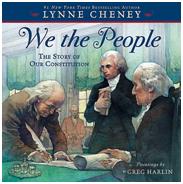A thoughtful community stalwart sent me the following in an email this morning. Mr. Fred Weyler of Mt. Juliet has the following observations:
______________________________________________________
My county trustee is raising my annual rent again. He says that my house is worth about four times what I paid for it. He also says that schools need 20% extra this year for school bus operation. I never had a school bus ride. I walked until I bought a bicycle. My classmates did, too. They had no obesity problems. It will take 14 of the 3 cent first class postage stamps I used to pay my first bills to send the trustee this year’s rent. The rent is higher despite my fixed income and my higher expenses, like more to fill my push mower than it cost to fill any of my first three cars. If I must sell my house to pay my bills, I face a capital gains tax even though my capital is now worth less.
Some people blame me, as a baby boomer, for wrecking Social Security. What a social circus! Twas not my choice, but FDR said I had to do it temporarily. Along the way, folks said I had to do it bigger and so did my employer. 16% of my pay would have made a huge IRA, but I had no choice. I could choose whether to pay big interest rates for a car and furniture or to walk a while longer and sleep on the floor until I could pay for furniture. Government knew that my retirement trust fund was more important than my start in this world. I sometimes worked two or three jobs to avoid big debt and big interest.
LBJ “borrowed” from my retirement trust fund to build housing in Chicago, Nashville, Knoxville, and Chattanooga and elsewhere, but not in my small town. I watched as it was trashed, then as the bulldozers hauled it off or buried it. Community organizers and congress urged banks to finance housing for the next generation from LBJs projects. Do not ask about income, assets, or jobs the way my mortgager asked me. Banks blindly made loans which they and the borrower knew could not be repaid and had insufficient collateral. They did not pay and the banks have worthless paper instead of capital.
Now they tell me that it is my responsibility to help the banks get going again and to help those who did not pay to stay in their houses. Who’s telling me?
Those same people who told the banks to make those blind loans, who make bank rules, and under whose oversight the laws are administered. They are advised by some of those folks who made millions bringing financial institutions to their ruin.
I am incensed that they wanted to take my money, then if it got paid back, take 20% of it for organizations like ACORN. Are they not the outfit which set new records of multiple voter registrations, deceased voter registration, cartoon character voter registration, and canine voter registration to elect the yahoos who now want more of my money?
Why do I feel like I’d find joy if Franks, Dodd, Pelosi, Reid, Bush, and Paulson were impeached for malfeasance of duty?
I worked hard in college. I worked harder in high school. It paid off. With my savings and scholarship, my college job paid the rest and I did not graduate with huge debt. My dad helped me get my bicycle to campus. I rode the bus to get home occasionally. My professors walked from their houses to the classroom. Now there are parking lots where their houses were.
I’d say that the financial system needs some help. Some ways to give it:
- First, do nothing until you put a stop to the practices which brought on this situation. No need to throw more good money after bad.
- Lower the capital gains tax. Lower the corporate tax rate. Watch how much money comes out of the mattresses to ease the credit crunch.
- Share oil revenues with the states to encourage new production and watch investment soar, new jobs, more tax revenue, improved balance of payments, and lower gasoline prices. Encourage new nuclear power plants and oil refineries. You cannot amend the law of supply and demand. Let it dictate when entrepreneurs have electric cards on the road with new jobs in fast battery swap out and recharge stations and more tax revenues.
- Prosecute the bums who led institutions to ruin. Put all their assets back into the system.
- Pay off the national debt to reduce the cost of capital.
- Make FICA follow the same solvency rules as you enforce upon pension funds. Deposit that $50 trillion or whatever the number is into banks so that they may
- lend some of it with ample oversight, transparency, accounting and regulation.
- Divert some funds away from Dept of Education. Quit expanding high school parking lots. Put some lard buns to work digging up those global warming parking lots to make room for bike racks and more grass and trees.
– Fred Weyler, Mt. Juliet, Tennessee


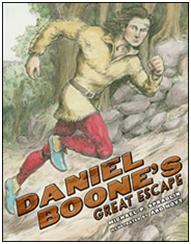
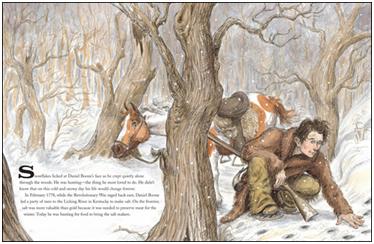
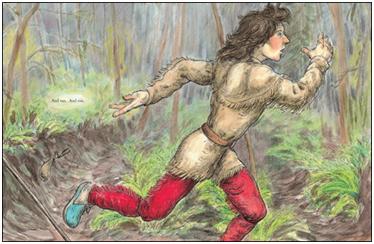
















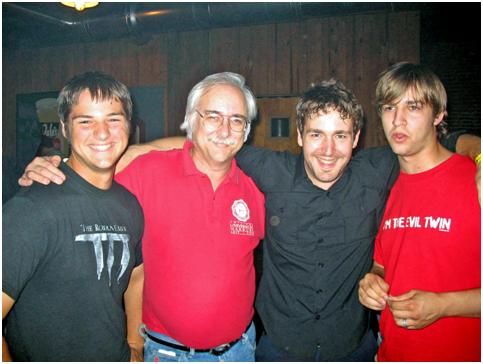


 The paintings that accompany Ms. Cheney’s text are wonderful. The illustrator was able to visit the site of the crossing, consult with local historians and witness a winter re-enactment of the crossing. The attention to detail shows. You can feel the cold. Your eye is involuntarily drawn to the figure of Washington, warming himself by a fire on the New Jersey shore of the river.
The paintings that accompany Ms. Cheney’s text are wonderful. The illustrator was able to visit the site of the crossing, consult with local historians and witness a winter re-enactment of the crossing. The attention to detail shows. You can feel the cold. Your eye is involuntarily drawn to the figure of Washington, warming himself by a fire on the New Jersey shore of the river.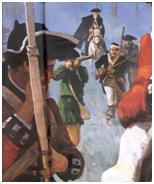 Following the surrender of the Hessians at Trenton, Washington continued his offensive by launching an attack on the British regulars a few miles northeast of Trenton at Princeton. In that battle, Washington personally rallied his troops and led them to within thirty yards of the British lines. It is miraculous that he survived the volleys of musket fire, but when the British line broke, he joined in the pursuit.
Following the surrender of the Hessians at Trenton, Washington continued his offensive by launching an attack on the British regulars a few miles northeast of Trenton at Princeton. In that battle, Washington personally rallied his troops and led them to within thirty yards of the British lines. It is miraculous that he survived the volleys of musket fire, but when the British line broke, he joined in the pursuit. PS: You have to love the picture of Lynn Cheney with a group of students on the back cover!
PS: You have to love the picture of Lynn Cheney with a group of students on the back cover!